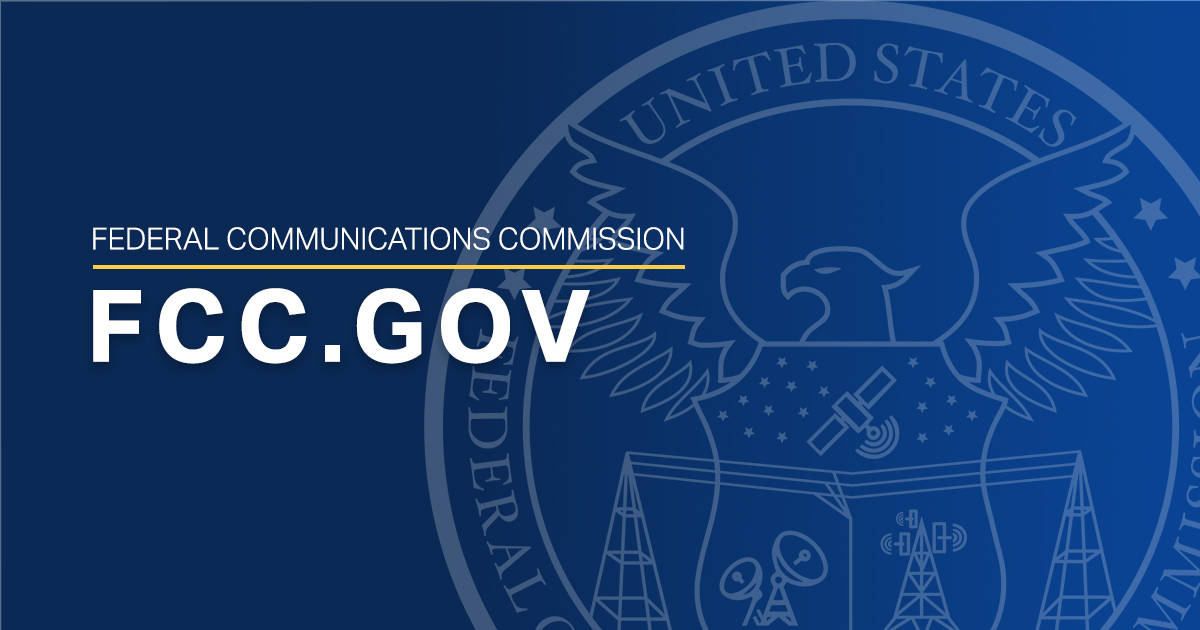I would appreciate any help that I can get selecting a radio system that will work across the camp.
What's your budget like?
There are a lot of options when it comes to equipment, but first things first. You'll need to contact a frequency coordinator to get a frequency pair for your system. That can cost a few hundred bucks depending on who you use. The frequency coordinator will help you figure out your needs, your location, coverage, etc. Depending on the location, finding a clear pair can be really easy or really difficult. Having some flexibility is important, so don't buy any equipment until you have this done and your license is on the way.
Licensing Individuals or entities desiring to operate on frequencies listed in the Industrial/Business Pool are required to obtain a radio station license for these frequencies. Below is some helpful information to aid you with the licensing process.

www.fcc.gov
RadioSoft might be a good one to start with.
RadioSoft: FCC Licensing & Coordination
You'll need to provide the location info for the proposed repeater, antenna height and desired coverage area. Be realistic.
Having them do the FCC license application might be a good idea. The paper work is nothing like an amateur license, and the FCC will kick it out if it's wrong. Having the coordinator do it can save you a lot of headaches. Don't use the radio shop to do that, as they'll likely charge a lot for filling out the paperwork.
Once you have the coordination done and the license application is accepted by the FCC, you might want to start talking to local radio shops. Setting up a repeater to work well requires proper design, installation and alignment.. Not sure what your skill level is as an amateur, but unless you have your own service monitor and really know how to use it, might be a good idea to let the pro's do it. Buying "pre-configured" systems on line can be hit or miss. Shipping duplexers can result in them getting bumped around a lot, so checking them on site after install is a good idea.
Don't decide on a brand or technology at this point. DMR is great and will work well, but there are other options. Analog works fine if you don't have a lot of traffic and it can save you a bit of money. Radio sales guys can smell money a mile away, so again, be realistic about your expectations. Have a set budget in mind and stick to it. For a scout camp, you don't need public safety grade radios. a basic 4 channel hand held radio will work just fine, and won't break the bank if they go missing or get damaged. You will be required to use part 90 accepted radios, so that rules out most of the Cheap Chinese Radios, and amateur radio gear. Be careful about buying used radios on line. Some of them can take a lot of abuse before they end up in your hands. Any used radios should get a trip to the shop for an alignment before put in use. The licensee is responsible for all of them and that means they need to work correctly.
Make sure you figure in long term care and feeding of your system. Annual checks of the system by a competent shop should be done. Figure that some percentage of your portable radios are going to get lost or go missing. Antennas, batteries, knobs and belt clips will be common expendables you'll need to address.
Using the software that MTS2000DES linked to is a good exercise to compare your possible radio sites. It'll give you a good idea about what sort of coverage you can expect. Just remember, it's all about the antenna. For rugged terrain and short distances, high gain antennas are not always your best choice. I've had good luck making UHF systems work well in rugged terrain with low gain folded dipole antennas.


